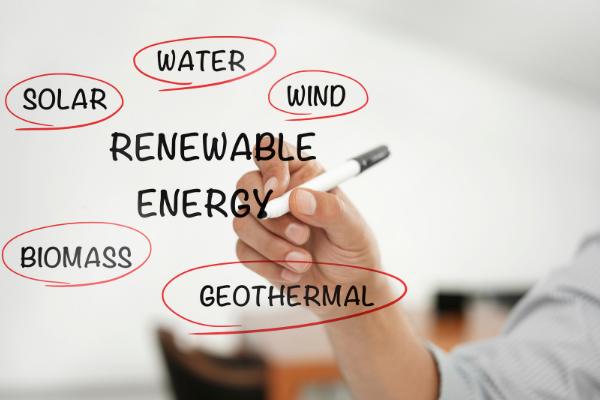Deadline: 15-Oct-2025
In a landmark partnership aimed at accelerating the country’s transition to cleaner energy, the Department of Energy (DOE) and the Department of Science and Technology–Philippine Council for Industry, Energy and Emerging Technology Research and Development (DOST-PCIEERD) have formalized a cooperation agreement to implement the Renewable Energy Trust Fund (RETF).
Guided by Republic Act No. 9513 and the DOST Grants-In-Aid (GIA) Program, this collaboration seeks to strengthen research, development, and the practical use of renewable energy technologies in the Philippines.
The agreement outlines two key areas of cooperation. First is the research, development, demonstration, and promotion of the productive use of renewable energy systems, covering both power and non-power applications. Second is the support for the development and operation of emerging renewable energy resources to make them more competitive and accessible in the market.
Through this initiative, DOST and DOE are opening new funding opportunities for collaborative research and innovation. The call is targeted at higher education institutions (HEIs), government research and development institutes (RDIs), non-profit scientific and technological organizations, and qualified private entities based in the Philippines. The focus is on applied research that pushes the boundaries of science and technology while aligning with national policy goals and delivering tangible benefits for Filipinos.
Research proposals must fall under one of the priority areas set by the DOST-RETF. These include integrated renewable energy systems for microgrids, grid balancing and ancillary services, novel applications of solar and other renewable technologies, space-based solar power transmission, materials repurposing for RE infrastructure, and emerging RE applications in key industries. Other focal points include waste heat recovery for industrial applications and the development of advanced vanadium redox flow battery systems for energy storage.
Eligible applicants include public and private universities and colleges, RDIs, R&D consortia, and non-profit S&T organizations that operate in the public interest and are not organized for profit. Proposals must clearly demonstrate the scientific merit, feasibility, and potential socioeconomic impact of the project. Non-profit organizations involved in lobbying activities, however, are not eligible for funding.
Private companies with proven expertise and a strong track record in R&D may also participate in this opportunity, provided they meet the necessary qualifications and their proposals align with the specific priority areas of the call.
This initiative reflects the government’s commitment to fostering a robust science and technology ecosystem in support of the country’s renewable energy goals. It represents a significant step toward building a sustainable and competitive energy future for the Philippines.
For more information, visit Philippine Government.
